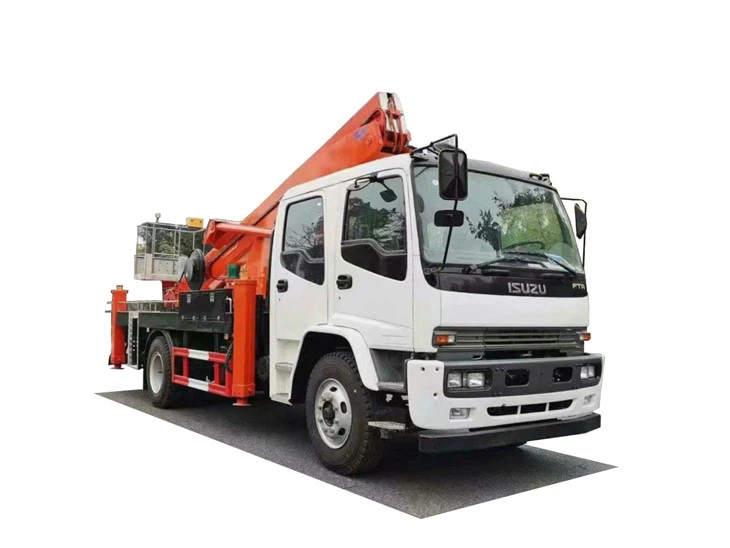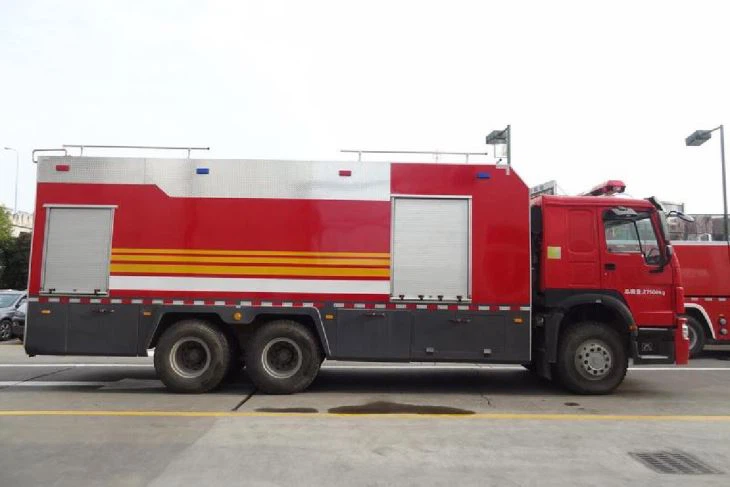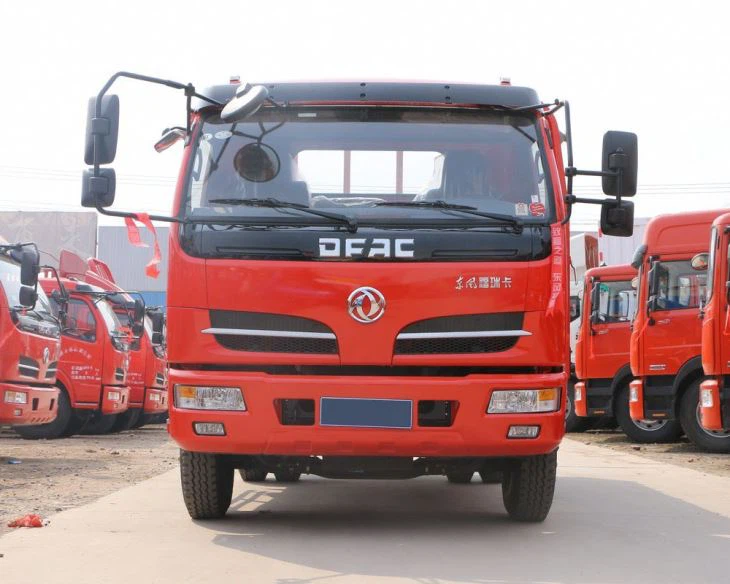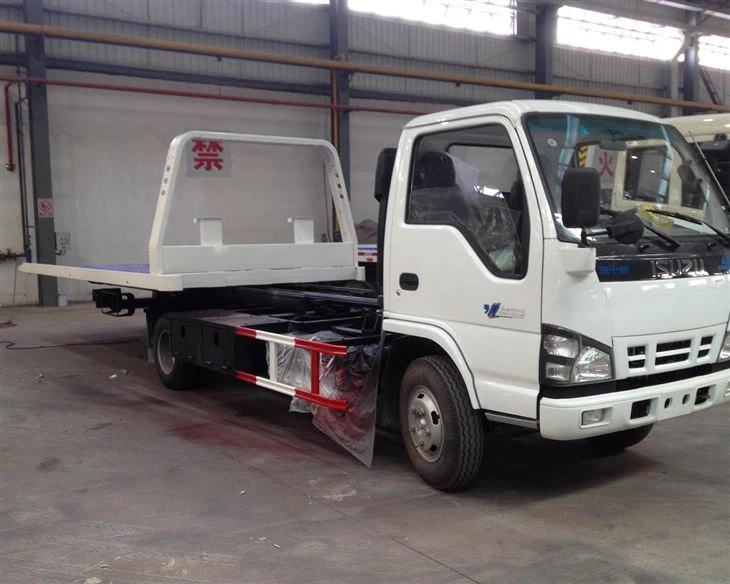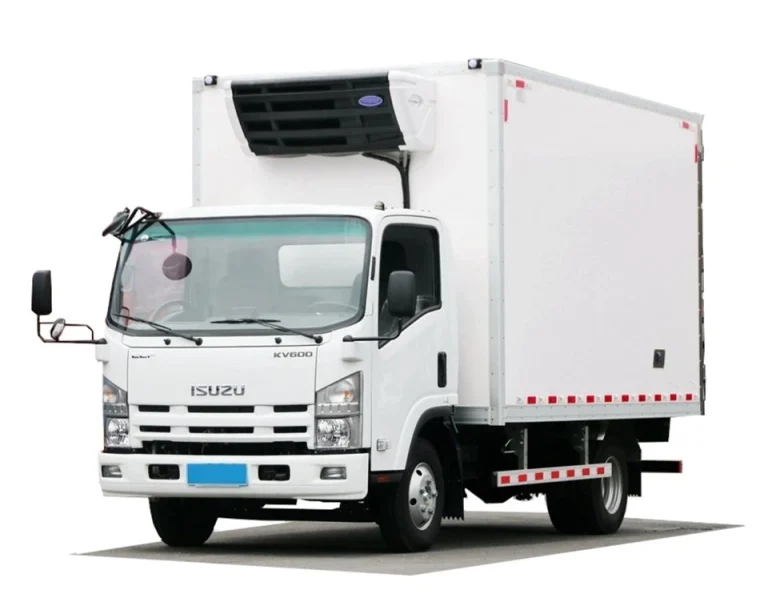As recycling becomes an increasingly essential component of environmental sustainability, the demand for specialized recycling trucks continues to rise. These trucks are designed to efficiently collect, transport, and process recyclable materials, making them invaluable to waste management companies, municipalities, and businesses involved in recycling efforts. In this comprehensive guide, we will explore the different types of recycling trucks available for sale, their features, how to select the right one for your needs, and more.
Understanding Recycling Trucks
What is a Recycling Truck?
A recycling truck is a specialized vehicle designed to collect various types of recyclable materials, such as paper, plastics, metals, and glass. These trucks often feature compartments that allow for the separation of different materials during collection, ensuring that the recycling process is efficient and effective.
Types of Recycling Trucks
There are several types of recycling trucks available for sale, each designed for specific needs. Here are the most common types:
- Front-Loaders: Ideal for collecting recyclable materials from bins at commercial sites.
- Rear-Loaders: Commonly used for residential recycling collection, these trucks allow workers to easily access the back of the vehicle.
- Side-Loaders: Designed for automated collection, these trucks can efficiently pick up bins with robotic arms.
- Collection Vehicles: Versatile trucks equipped to handle diverse recycling tasks, including bulk items and e-waste.
Key Features to Consider
Capacity and Size
One of the most important factors when purchasing a recycling truck is its capacity. Trucks come in various sizes, and it’s crucial to choose one that can handle your daily recycling volume. Consider the following capacity options:
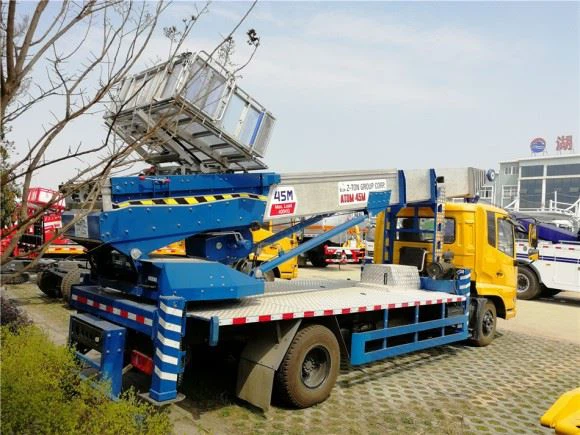
| Truck Type | Typical Capacity | Best Use |
|---|---|---|
| Front-Loader | 10-30 cubic yards | Commercial use |
| Rear-Loader | 20-40 cubic yards | Residential collection |
| Side-Loader | 15-30 cubic yards | Automated collection |
| Collection Vehicle | Up to 50 cubic yards | Bulk collection |
Durability and Build Quality
Given the rigorous demands of waste collection, it’s essential to choose a truck that offers durability. Look for vehicles constructed with high-quality materials that can withstand the wear and tear of daily operations. Key aspects include:
- Frame: A strong chassis can handle heavy loads.
- Body Material: Look for steel or aluminum bodies that resist rust and corrosion.
- Axles: Heavy-duty axles provide stability and strength.
Fuel Efficiency
Fuel costs can significantly impact your operating budget. It’s important to consider the fuel efficiency of the recycling truck you plan to purchase. Modern recycling trucks are increasingly being equipped with eco-friendly engines that offer better mileage and lower emissions.
Buying New vs. Used Recycling Trucks
Pros and Cons of New Trucks
Buying a new recycling truck has several advantages:
- Warranty coverage ensures peace of mind regarding repairs.
- The latest technology often means better fuel efficiency and safety features.
- Customization options are available to meet specific operational needs.
However, new trucks come with higher upfront costs and potential depreciation issues.
Pros and Cons of Used Trucks
On the other hand, purchasing a used recycling truck can offer significant savings:
- Lower purchase price compared to new trucks.
- Good value can be found if maintained well.
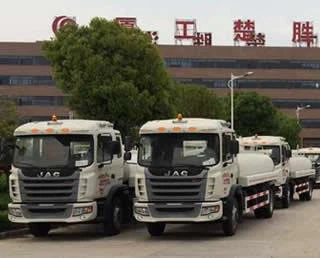
However, potential drawbacks include a lack of warranty and potential hidden maintenance issues.
Where to Buy Recycling Trucks
Dealerships and Manufacturers
Purchasing directly from a dealership or manufacturer can provide a reliable buying experience. Reputable dealers often offer warranties and service options. Make sure to research and choose trusted brands known for their quality and after-sale support.
Online Marketplaces
Online platforms like eBay, Craigslist, and specialized truck sales websites can provide a wide range of options, from new to used trucks. Ensure to verify the seller’s legitimacy and check the vehicle’s history before making a purchase.
Auction Houses
Government and municipal auctions may offer recycling trucks at competitive prices, but bidding can be unpredictable. Familiarize yourself with the auction process and inspect vehicles beforehand when possible.
Financing Options for Recycling Trucks
Loans and Leasing
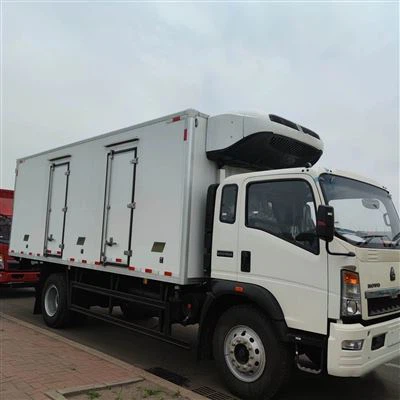
Financing a recycling truck can ease the financial burden. Consider the following options:
- Commercial Vehicle Loans: Traditional loans specifically for commercial vehicles.
- Leasing: Monthly payments for using the vehicle with the option to buy at the end of the term.
Grants and Incentives
Look for government grants or incentives that support environmentally friendly initiatives. Many states offer funding opportunities for businesses purchasing recycling equipment.
Maintaining Your Recycling Truck
Regular Maintenance Tips
To ensure that your recycling truck operates efficiently and lasts as long as possible, regular maintenance is key. Consider the following tips:
- Change the oil regularly to keep the engine in top condition.
- Inspect the brakes and tires frequently to ensure safety during operation.
- Clean the body and compartments to prevent rust and contamination.
- Check hydraulic systems and filters regularly to prevent breakdowns.
Common Repairs and Troubleshooting
Knowing common issues and repairs can save time and money. Common problems may include:
- Electrical system failures: Check batteries and wiring connections.
- Hydraulic leaks: Regularly inspect lines and seals.
- Brake wear: Replace brake pads and rotors as needed.
Case Studies of Successful Recycling Operations
Municipal Recycling Programs
Many cities have successfully implemented municipal recycling programs, enhancing waste management efficiency and increasing recycling rates. For example, San Francisco has one of the highest recycling rates in the U.S. due to a robust collection system utilizing specialized recycling trucks.
Private Sector Innovations
Private companies like Waste Management and Republic Services have also adopted innovative recycling trucks equipped with advanced technology to streamline operations, resulting in reduced costs and improved service quality.
Frequently Asked Questions
1. What is the average cost of a recycling truck?
The cost varies significantly based on the type and condition of the truck, with new trucks generally ranging from $100,000 to $500,000, while used trucks may start around $20,000.
2. How do I know if a used recycling truck is in good condition?
Conduct a thorough inspection, check the vehicle’s maintenance history, and consider having a mechanic perform an assessment before purchase.
3. What regulations should I be aware of when operating a recycling truck?
Check local and state regulations regarding waste collection, vehicle safety requirements, and environmental compliance to ensure that your operations are within legal bounds.
4. Can recycling trucks be customized for specific needs?
Yes, many manufacturers allow customization based on the operational needs, including size, compartments, and technology integration.
5. Are there any grants available for purchasing recycling trucks?
Yes, various government programs offer grants and incentives; research your local government’s environmental initiatives for available funding opportunities.
6. What types of recyclable materials can I collect with a recycling truck?
Recycling trucks can collect a diverse range of materials, including paper, glass, metals, plastics, cardboard, and certain electronic waste.
